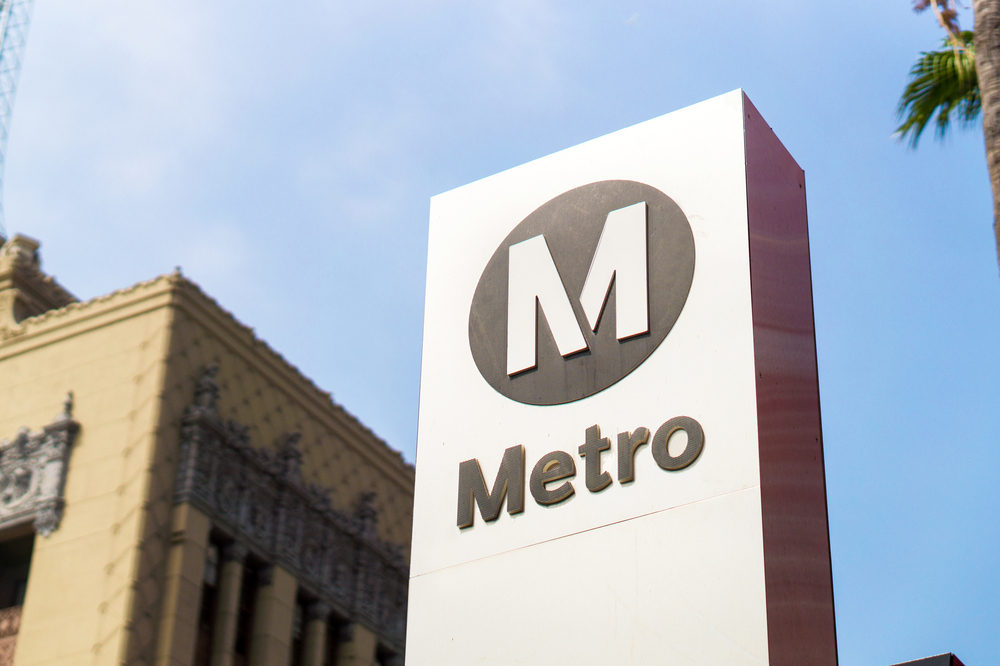
The Los Angeles County Metropolitan Transportation Authority’s (LA Metro) Operation Farm Team: Global Transportation Infrastructure Workforce Initiative was named the winner of the Pioneer Institute’s 29th annual Better Government Competition Monday.
With a competition focused on innovations to prepare the United States for the future of transportation, Operation Farm Team was recognized for its combination of education, mentorships and hands-on learning opportunities to offset an aging workforce and fill upcoming jobs, so LA Metro can continue delivering 30 major transportation projects over the next 40 years. Otherwise, LA Metro is slated to lose 42 percent of its workforce to retirement in the next five years.
“No one solution can address our region’s transportation needs, especially during this period of rapid economic growth. With tech innovations across the transportation sector, what we need is a different mindset–to embrace the future,” Jim Stergios, executive director of Pioneer Institute, said. “The 2019 Competition takes up that charge, with the winning ideas spanning freight delivery, construction costs, expressway congestion, commuter rail modernization, and more. The judges fittingly chose as Competition winner an entry that develops fresh talent capable of taking advantage of exciting opportunities in the industry.”
The winning entry was submitted by LA Metro CEO Phillip Washington who accepted the award of $10,000 for the affiliated SEED Foundation.
Each of the four runners-up will receive $1,000. Those runner-up projects include: joint work between the Federal Highway Administration and Colorado Department of Transportation to create a Delivery Selection Matrix providing up to date perspectives on alternative contracting methods for highway construction and a formal approach for selecting highway project delivery methods; management efforts on the I-93 Northern Expressway HOV lane to improve traffic, reduce congestion and reduce air pollution; converting the cars of the Providence Commuter Rail Line from diesel to electric; and a management effort for freight demand that utilizes off-hour deliveries and receiver-led consolidation to reduce traffic and greenhouse gas emissions in metro areas.
In all, more than 140 entries were reviewed for the top honors.